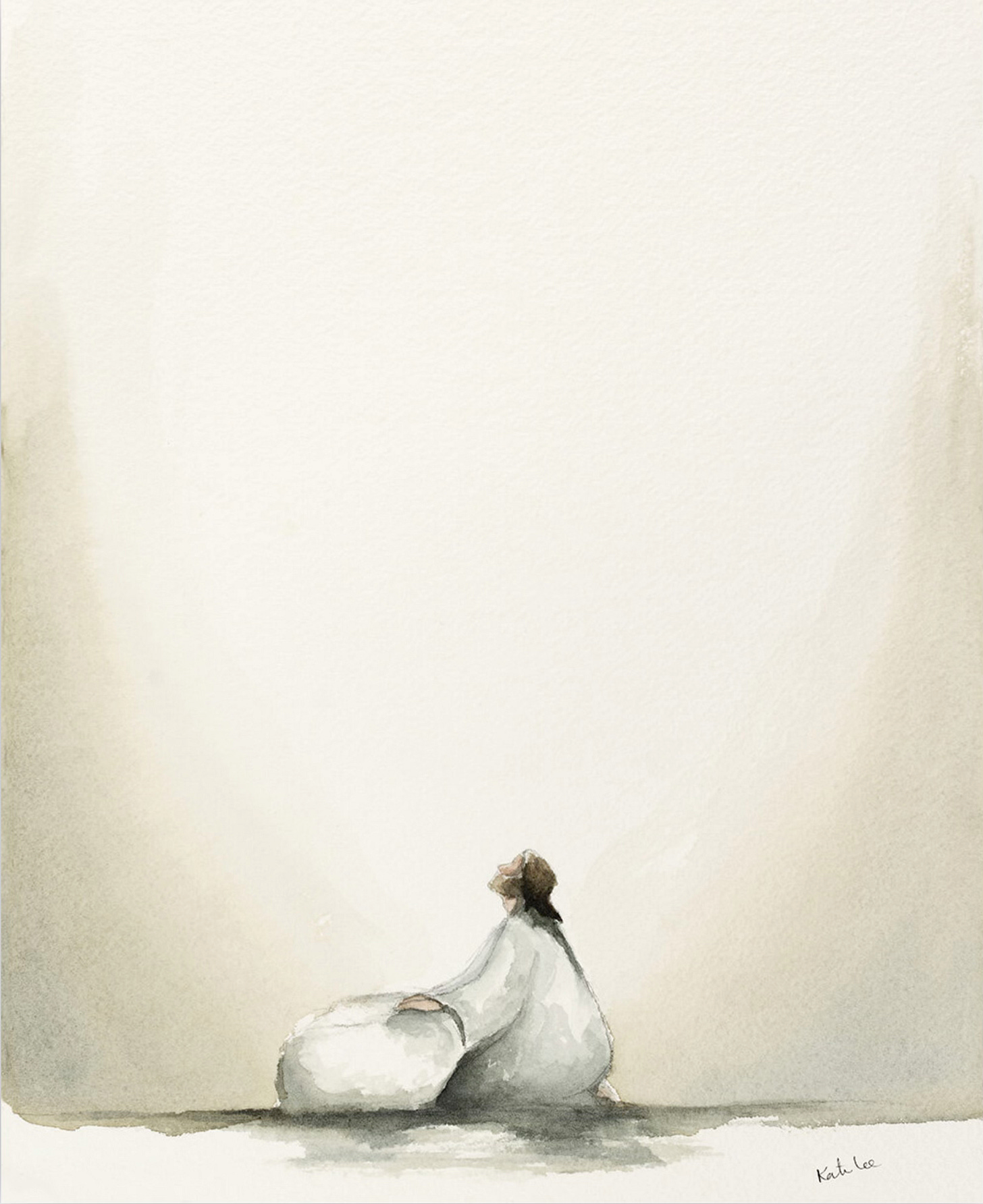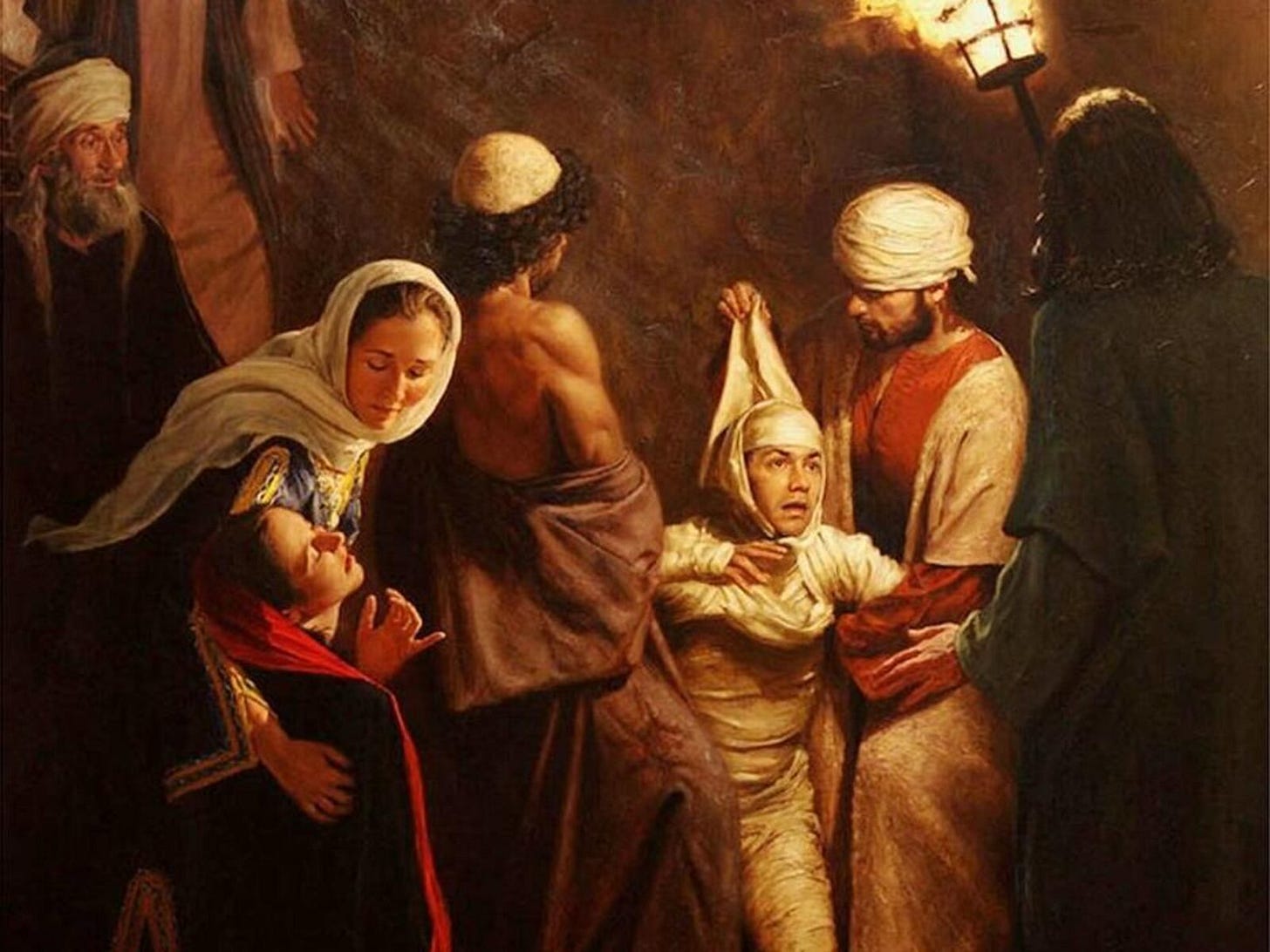There remaineth an effectual struggle to be made
“We’ve all had too much sorrow. Now is the time for joy.”

(i don’t exactly know what this is about…but i think it’s about something like love?)
As you make your way through Union, the little place where my parents grew up in Eastern Oregon, turn at the sign directing you to Catherine Creek. It won’t take long to get there, maybe 15 minutes. Twenty tops. You’ll know you’ve almost made it when you hit the long straight road. Just before the road begins to weave again toward Eagle Cap, make a left onto the gravel road and take your time. Within seconds you’ll cross the small bridge (if you’re lucky, you may see a spawning salmon or two off to your left in the creek, blue tired shadows undulating in the water) and begin making your way along the old logging road, the mountain rising steep on one side and the creek lined with cottonwoods rushing past on the other.
And then, just a bit further, there, to the right - the Lodge. Maybe it has another, more formal name. But “The Lodge” is all it’s ever been to me and my family for more than fifty years now. The place of a thousand memories.
If you happen to stay the night and find yourself awake at 2 AM, step outside and look up. The stars, the stars. They may just shine bright enough to leave a mark.
(Thanks for indulging me. Back to this in a minute.)
What to do when you’re ready for the light before the light is ready to come?
Or when the hard thing stays close, even though you’ve asked it again and again to go?
The phrase that provided the title of this post has been hanging around in my head for several weeks now. It comes from a moment in The Book of Mormon when a group of believers being held captive are about to escape many years in captivity. Limhi, their king, reminds them of what they’ve suffered, while encouraging them to prepare for any suffering that may lie ahead.
“O ye, my people, lift up your heads and be comforted; for behold, the time is at hand, or is not far distant, when we shall no longer be in subjection to our enemies, notwithstanding our many strugglings, which have been in vain; yet I trust there remaineth an effectual struggle to be made.”
You’ve been there. I’ve been there too. Maybe you still there, wondering. I know that moment.
Although learning how to endure to the end with faith in Jesus is a topic worthy of reflection, I think I’m trying to understand something else here. Maybe it’s the “how” we endure. Which brings me to Nick Cave.
If you’d asked me a month ago who Nick Cave is, I would’ve probably given you a blank stare and mumbled something about “a singer…right?” But that was before I started seeing people posting about his appearance on The Late Show with Stephen Colbert, specifically a moment when he shared part of a letter he had written in response to a fan who had sent this short note:
“Following the last few years I’m feeling empty and more cynical than ever. I’m losing faith in other people, and I’m scared to pass those feelings on to my little son. Do you still believe in Us (human beings)?”
“Much of my early life was spent holding the world and the people in it in contempt. It was a position both seductive and indulgent. The truth is, I was young and had no idea what was coming down the line. It took a devastation to teach me the preciousness of life and the essential goodness of people. It took a devastation to reveal the precariousness of the world, of its very soul, and to understand that the world was crying out for help. It took a devastation to understand the idea of mortal value, and it took a devastation to find hope.
Unlike cynicism, hopefulness is hard-earned, makes demands upon us, and can often feel like the most indefensible and lonely place on Earth. Hopefulness is not a neutral position — it is adversarial. It is the warrior emotion that can lay waste to cynicism.
Each redemptive or loving act, as small as you like — such as reading to your little boy, showing him something you love, singing him a song, or putting on his shoes — keeps the devil down in the hole.
It says the world and its inhabitants have value, and are worth defending.
It says the world is worth believing in.
In time, we come to find that this is so.”
WOW.
I read his answer several times, deeply moved. I then learned that Cave had lost two sons in the past nine years, including one (Arthur) who at age 15 jumped off a cliff after taking LSD. The thing I was most touched by was what Cave has chosen to do with this suffering: To metabolize sorrow into service. There is a line in the song Joy from his new album Wild God that I keep thinking about (and listening to.)
“We’ve all had too much sorrow. Now is the time for joy.”
During our most recent family reunion at the Lodge, sleep and I were strangers. This old body apparently doesn’t have much regard for air mattresses any more.
One night as I stared up into the stars, unsuccessfully willing myself to sleep, I realized that in the quiet of this place there were many reminders that God has been going about getting His work done for a very long time and that I need to listen more to Him and think (much) less about myself. Yes, the struggles are real and hard and wearisome. And yes, there are many more ahead.
But the answer to these is found in Nick Cave’s poignant response to a fellow struggler:
“Each redemptive or loving act, as small as you like — such as reading to your little boy, showing him something you love, singing him a song, or putting on his shoes — keeps the devil down in the hole.”
Put another way, here is a story shared by a fellow Brit, Elder Patrick Kearon, who was taught how to overcome darkness with love.
“I had an experience a couple of months ago where I had been lying awake for many hours, trying to sleep but unable to do so. Finally I got up and walked around the house a little, then returned to bed to try and sleep again. As sleep continued to elude me, a transformative thought suddenly dawned on me: “Stop thinking about yourself.” And then came the question, “Who can I help?” I lay there praying, mightily, “Who can I help now, and how?” An impression came to contact and encourage a friend. It wasn’t a big thing, but the next morning I responded to it and hopefully did some good. What I do know is that once I prayed that way, asking to know who I could help, I found the peace which had been evading me, and I was finally able to sleep.”








Love this, thank you so much. Your words always feel like a friend talking to me personally. Looking forward to more. 🌿
I sometimes have trouble sleeping, thank you for this most constructive reminder of how better to use that time!